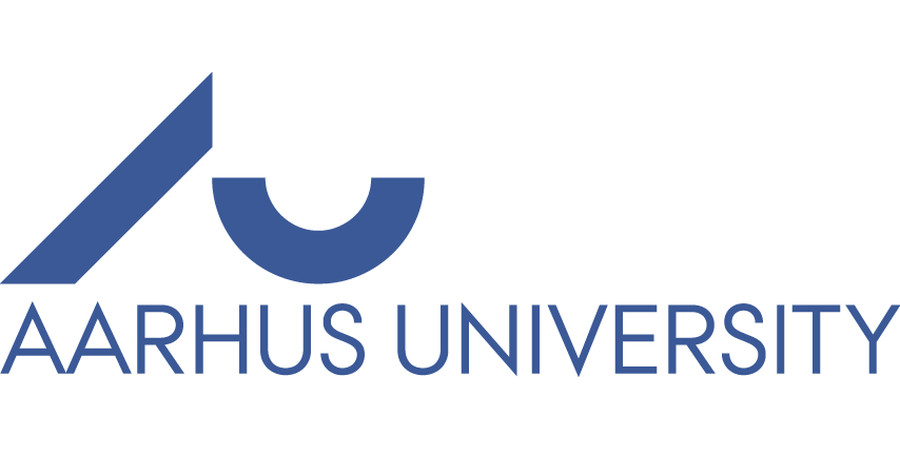PhD Fellowship/Scholarship in High Arctic Carbon Dynamics, Sink or Source
University of Aarhus - Graduate School of Technical Sciences
| Qualification Type: | PhD |
|---|---|
| Location: | Roskilde - Denmark |
| Funding for: | UK Students, EU Students, International Students |
| Funding amount: | Not Specified |
| Hours: | Full Time |
| Placed On: | 24th January 2025 |
|---|---|
| Closes: | 25th March 2025 |
High Arctic carbon dynamics, sink or source?
Applicants are invited for a PhD Fellowship/Scholarship at Graduate School of Technical Sciences, Aarhus University, Denmark, within the Ecoscience programme. The position is available from 01 August 2025 or later.
Title
High Arctic carbon dynamics, sink or source?
Research area and project description
The PhD project focuses on advancing our understanding of carbon dynamics in undisturbed high-arctic ecosystems at the Zackenberg Research Station, located in northeast Greenland. The primary objective is to analyse and interpret an extensive 25-year dataset from the Greenland Ecological Monitoring (GEM) and the Integrated Carbon Observation System (ICOS) Greenland ecosystem stations. The project aims to address research questions, such as determining the current carbon balance, identifying critical factors influencing shifts between carbon sink and source states, and projecting the long-term sustainability of these ecosystems under the impacts of climate change. This study will contribute valuable insights into the resilience and potential vulnerability of high-arctic ecosystems in the context of global climate goals.
The successful candidate will engage in data mining and analysis of long-term datasets from GEM and ICOS, combined with supplementary measurements as needed. The dataset includes comprehensive records of carbon flux, micrometeorological data, and ecosystem responses to climate variations in the high Arctic, providing a solid foundation for studying carbon dynamics in these unique environments. Fieldwork is expected to span 2-4 weeks during the field season (July to September) at the Zackenberg Research Station. Fieldwork responsibilities include setting up and maintaining advanced instrumentation, along with the opportunity to design and implement additional measurements that support an integrated carbon monitoring system. Through this project, the candidate will contribute meaningfully to the scientific understanding of high-arctic ecosystems in a changing climate.
Project description: For technical reasons, you must upload a project description. Please simply copy the project description above and upload it as a PDF in the application.
Qualifications and specific competences
We are looking for a candidate with a Master’s degree in natural sciences or engineering, ideally in fields such as physical geography, environmental physics, environmental engineering, or data science. The ideal candidate will have a strong skill set in data science and programming, both of which are essential for managing and analysing the extensive environmental datasets involved in this research.
A strong background in micrometeorological methods, particularly with eddy covariance techniques, including instrumental setup and data processing, is highly desirable. Field experience in remote and challenging environments, preferably in the Arctic or similar regions, is also an asset, as the candidate must be prepared to conduct fieldwork under remote and harsh conditions.
We seek a highly motivated individual who is interested in nature, adaptable, capable of independent work in remote settings, and ready to engage in interdisciplinary and collaborative research.
Place of employment and place of work
The place of employment is Aarhus University, and the place of work is Risø campus, Frederiksborgvej 399, 4000 Roskilde, Denmark.
Contacts
Applicants seeking further information are invited to contact:
- Torben Røjle Christensen, torben.christensen@ecos.au.dk (main supervisor)
- Rasmus Jensen, raje@ecos.au.dk (co-supervisor)
How to apply
Click the 'Apply' button
Application deadline is 25 March 2025 at 23:59 CET
Preferred starting date is 01 August 2025.
Advert information
Type / Role:
Subject Area(s):
Location(s):









